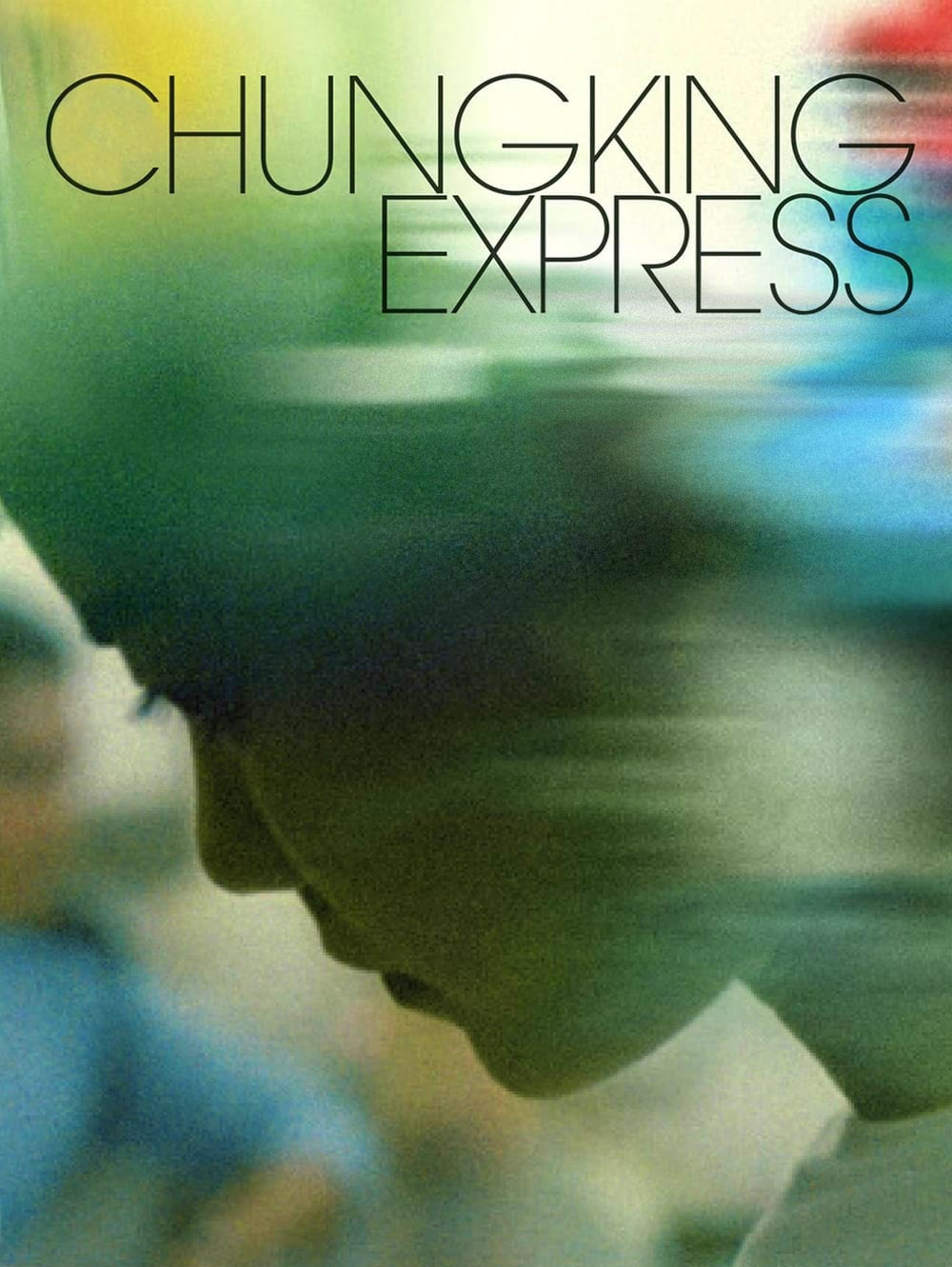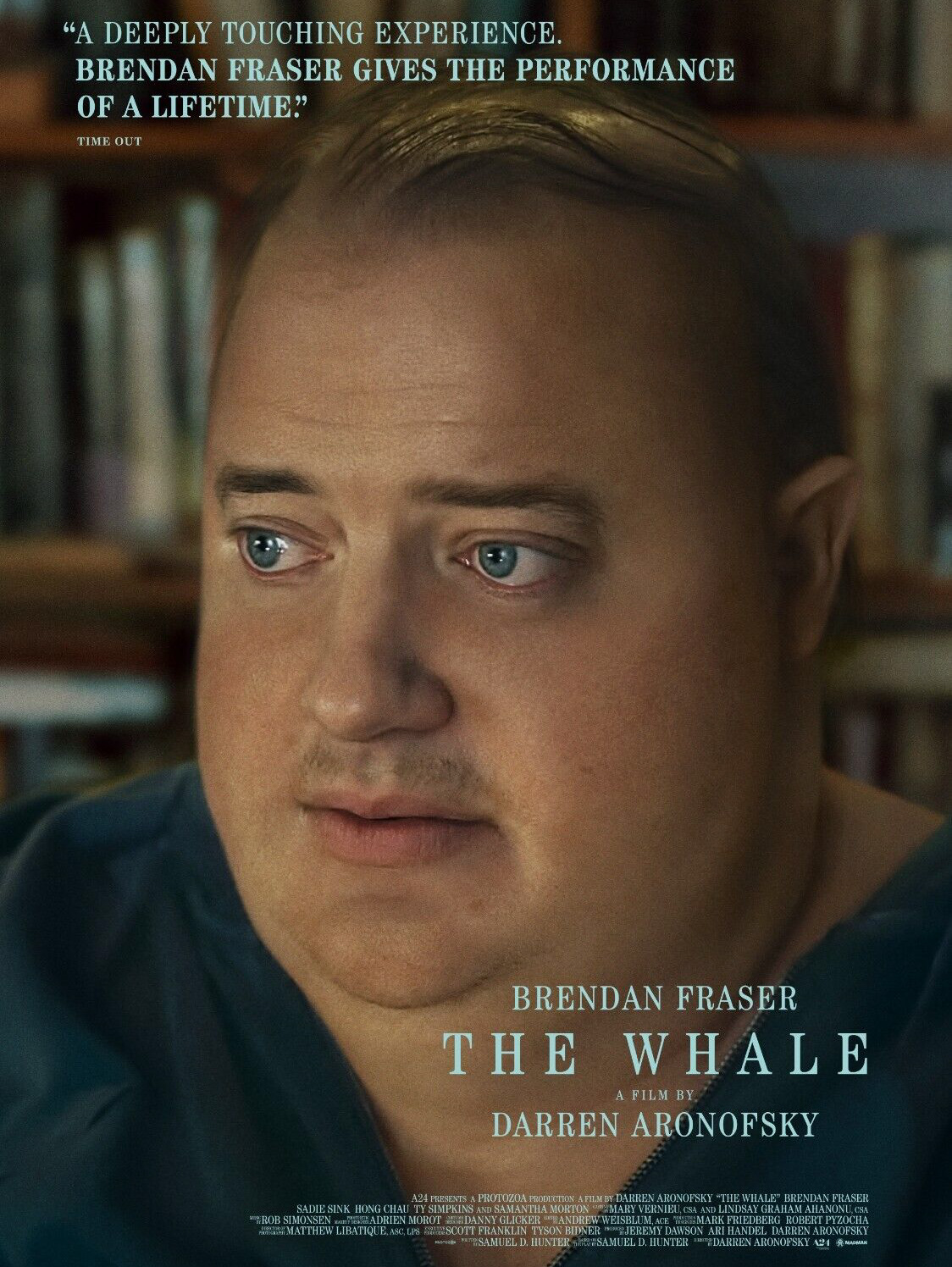A strong central performance by Stéphane Caillard, who is no doubt destined for greatness, is hampered by an overlong story that chooses to focus on Florence Arthaud’s relationships with men rather than highlighting her extraordinary development as a sailor that led to her becoming a legend.
Here, it feels as if director Géraldine Danon chose to focus on the wrong element of Florence Arthaud’s life. Sure, Florence getting constantly beaten down pushes her into being a sailor as she wants to prove to the men that she is just as capable as they are. While the environment she puts herself in is predominantly male-dominated, focusing so much of the story on their lives took away from Florence’s herself. We see Flo as a child sailing on a yacht, but outside of that we never get to see her ability grow or flourish. We are expected to just believe she is the best because she tells us she is.
There are too many scenes which have no consequences to them, a problem that seems prevalent in a lot of French films that are more meandering and without plot unlike American films. Watching Flo dance and drink, dance and drink, dance and drink, gets repetitive extremely quickly. Her journey, despite the sexism she faces in the industry, seems too easy. There are moments that are set up with the expectation that they might cause her downfall: Flo decides to quit drinking and become sober, and yet when she later breaks her sobriety nothing bad happens to her. She also is told by doctors that she should not race in the climactic Route du Rhum race in 1990 due to a neck injury she sustained, and yet as soon as she steps onto her yacht it is as if the accident had never even occurred. She never feels any pain or faces any problems because of it.
As in most sports film that are built around a climactic race, or boxing match, or what have you, the story should conclude with the conclusion of said event. However, the film outstayed its welcome as we continue to follow Florence through the years rather than ending on the high of the race.
Here, it feels as if director Géraldine Danon chose to focus on the wrong element of Florence Arthaud’s life. Sure, Florence getting constantly beaten down pushes her into being a sailor as she wants to prove to the men that she is just as capable as they are. While the environment she puts herself in is predominantly male-dominated, focusing so much of the story on their lives took away from Florence’s herself. We see Flo as a child sailing on a yacht, but outside of that we never get to see her ability grow or flourish. We are expected to just believe she is the best because she tells us she is.
There are too many scenes which have no consequences to them, a problem that seems prevalent in a lot of French films that are more meandering and without plot unlike American films. Watching Flo dance and drink, dance and drink, dance and drink, gets repetitive extremely quickly. Her journey, despite the sexism she faces in the industry, seems too easy. There are moments that are set up with the expectation that they might cause her downfall: Flo decides to quit drinking and become sober, and yet when she later breaks her sobriety nothing bad happens to her. She also is told by doctors that she should not race in the climactic Route du Rhum race in 1990 due to a neck injury she sustained, and yet as soon as she steps onto her yacht it is as if the accident had never even occurred. She never feels any pain or faces any problems because of it.
As in most sports film that are built around a climactic race, or boxing match, or what have you, the story should conclude with the conclusion of said event. However, the film outstayed its welcome as we continue to follow Florence through the years rather than ending on the high of the race.






